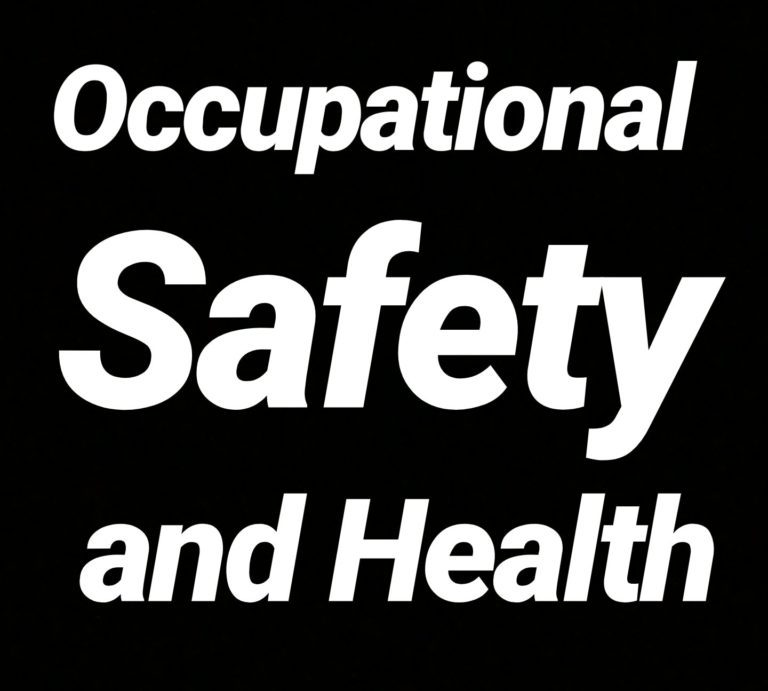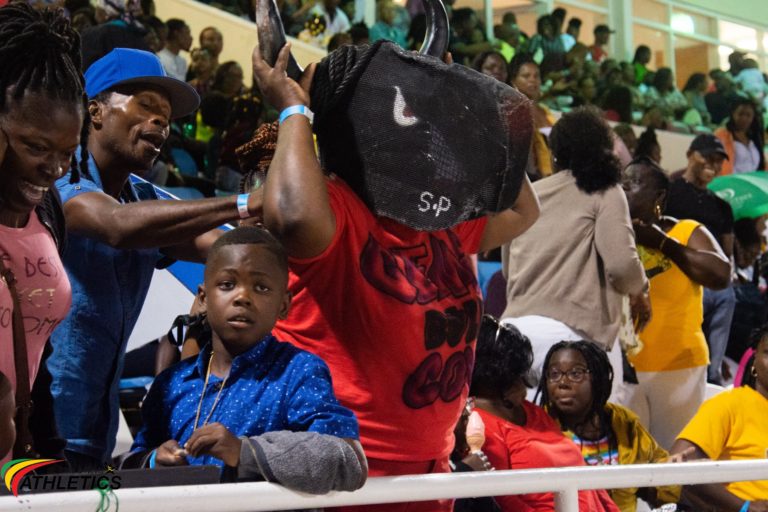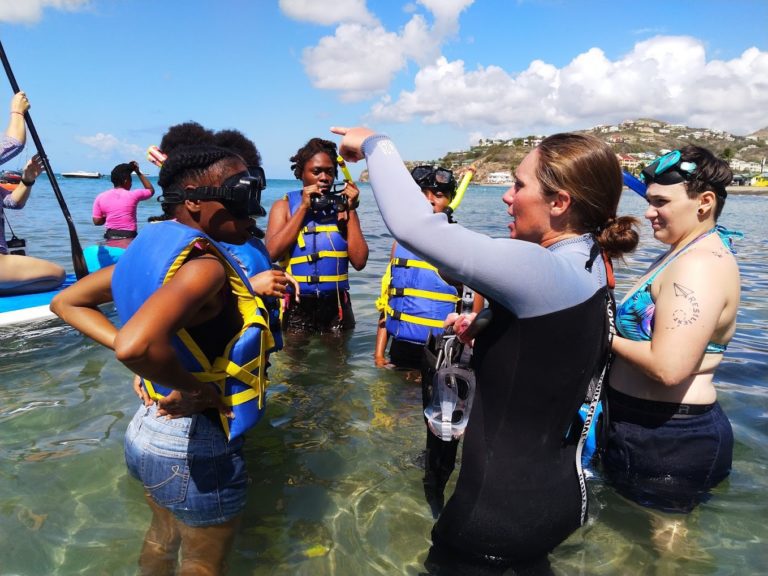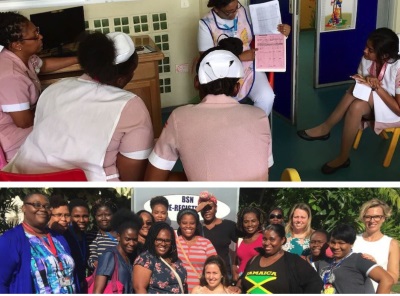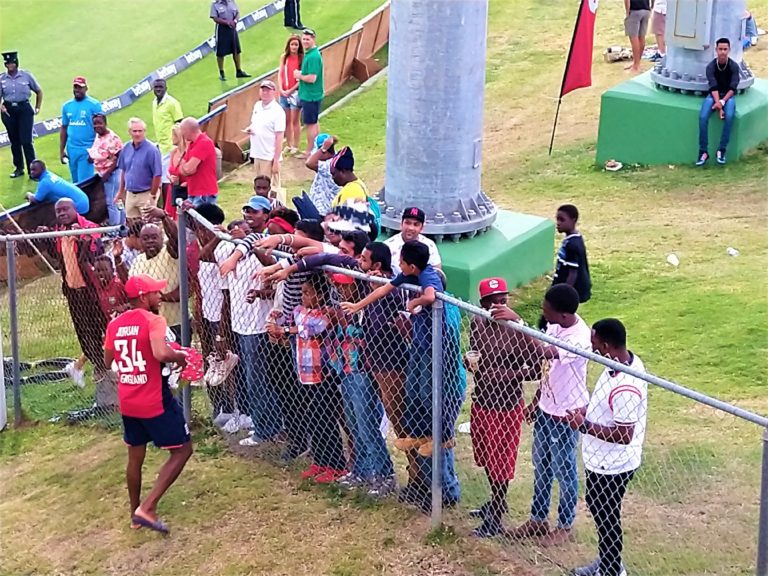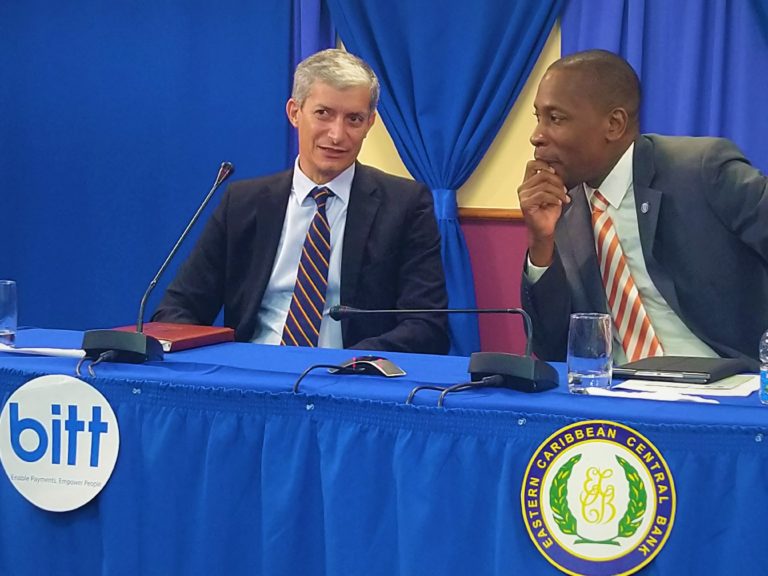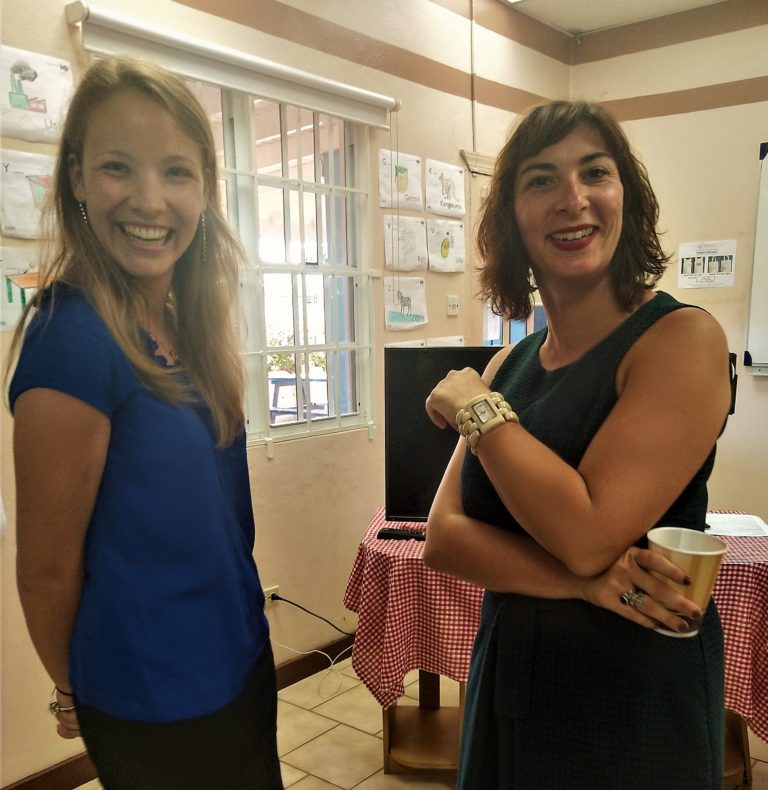By: Precious Mills
BASSETERRE, St. Kitts (Friday 5th April 2019)-On Saturday afternoons, Sue Woodard assembles at Mr. X Shiggidy Shack located on the Frigate Bay strip for her Kreative Kids session which is an art painting class for children.
In an exclusive interview, she informed that classes have been in operation for just over two years to date and was initially carried out at Olivia’s at South Friar’s Bay before the business place closed.
It is in such a forum that children learn about shading, blending and how to construct. Additionally, they do basic shapes like triangle and circle which are then used to create figures such as fish and boats using acrylic paint.
Woodard, who originally hails from the US, highlighted that the source of inspiration and exposure came from Donna Leonhardt, another American, who visited the island during the winter season and did painting at South Friars on the beach which attracted many tourists coming off the cruise ships.
Having taken classes with Leonhardt, it was upon thinking that ‘Well, children deserve to have a painting classes also” which led to the start-up of Kreative Kids.
Originally Woodard wanted to become an artist and so she took a commercial art course in college in her homeland. Her life, however, took a different turn and she ended up becoming a registered nurse as she did not complete the art course.
Nonetheless, she considers her interest of desiring to pursue a college degree in art as a “good background” regarding her present status.
After remarrying, Woodard and her husband ended up in St.Kitts and got into a catering business specialised in baking tall column wedding cakes. Some individuals would be familiar with the couple going back to the days of Wednesday nights Karaoke hosted at former business place Sugars in Frigate Bay.
In speaking about the environment of the Kreative Kids session, she talked the benefits of the youngsters’ participation which includes problem solving skills and boost in pride.
“First thing, in art, you can’t make a mistake. If something goes wrong, I ask them to slow down and take a look to see how we can fix it.”
In that seemingly error scenario, the youngsters are encouraged to change a shape into something else or quickly wipe off the paint if it is still wet.
“As part of a problem solving skills, we encourage them to carry in real life to look for a solution instead of a problem in saying ‘the world is coming to an end’,” Woodard commented further.
She shared that “one of the kids in my class has a talent show coming up and is going to show it, and so there is the bolster pride of going to showcase these things.”
Woodard also conducts adult classes.
She has made an observation that as people grown older, they tend lose confidence in their creative ability.
“It’s a funny thing in adults” she expressed before pointing out that if a study done among little children asked if they were creative, about 95% would say ‘Yes’ and for those in grade four then about 50% will say ‘Yes’ while in high school some 25% will say ‘Yes’.
According to Woodard, “By the time they graduate high school, only 5% will feel creative at times maybe because a teacher has said something to them.”
At present, she credits Leonhardt for still being a “wonderful source of information and construct.”
Currently, Woodard is doing a one year online course in Art Therapy, and she has gotten requests to work with children with autism at a centre in St.Kitts.
As understood from her, art is an outlet that can assist those children to develop and assimilate into society.
Woodard pointed out that typically autistic children would need more work as it relates to socialisation and that “art us a good way to bring out the quiet parts of a person.”
“A part of the brain and heart realize more things [and can expand] a lot in art therapy. It (art) helps to overcome fears, gives a sense of accomplishment and have fun,” she added.
Woodard can be contacted at 1-869-762-3967.



